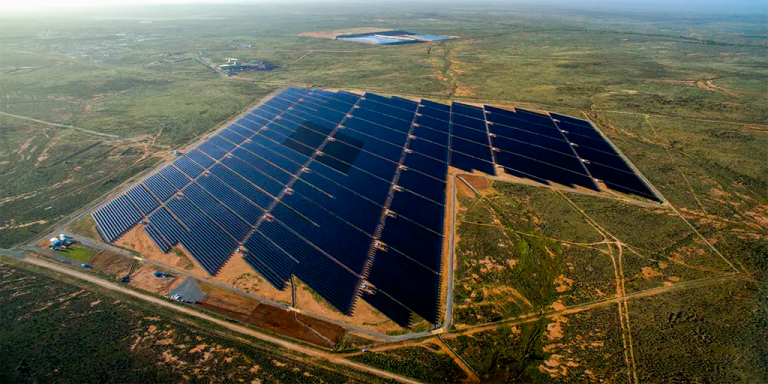
Article by Joe Nova, $650 million in renewable energy doesn't save Brisbane from blackoutsfocusing on key observations about the limitations of renewable energy in protecting urban infrastructure during extreme weather events. Nova's narrative reveals broader criticisms of the reliability of renewable energy, the effectiveness of government subsidies and the often overstated capabilities of green solutions.
According to Jo Nova, despite significant investment in renewable energy (some $650 million over five years), a recent storm knocked out power in Brisbane, Australia. She stressed that the outage was a stark reminder that renewable energy, which relies heavily on weather conditions, cannot provide the reliability needed in crisis situations. Nova emphasized that during storms, solar panels are rendered useless and wind turbines cannot operate. As stormy weather forces disruptions to solar and wind energy production, renewable infrastructure is unable to provide power when it is needed most.
The bad news is that solar panel inverters don't play well with diesel generators when there's no reliable 50Hz baseload power supplier. The frequency of a diesel generator changes slightly as the load changes, and these fluctuations can cause problems with solar inverters, which require a stable frequency to synchronize properly.
Therefore, during a power outage, solar panels are not only useless but also pose a threat to the system, so people are asked to turn them off:
Nova's article also addresses what she sees as misaligned priorities in energy policy. She criticized the Australian government for allocating funds to renewable energy projects while neglecting necessary grid upgrades and the development of reliable backup systems. She believes that without robust energy storage solutions or alternative backup power sources such as coal or gas, a heavy reliance on renewable energy leaves cities such as Brisbane vulnerable to severe weather events. In essence, Nova believes that renewables alone are not enough to ensure energy security, especially in emergencies.
The core message of Nova's narrative is that while renewable energy projects often receive significant financial support, their real-world performance in high-stress situations such as storms, heat waves, or cold snaps remains questionable. Nova used the incident to warn against over-reliance on renewable energy without adequate grid resilience planning and backup capabilities.
Even with the price tag, our renewable energy future is fractured
Nick Carter, The Australian
The Silverton wind farm and Broken Hill solar farm were supposed to produce enough electricity for 117,000 homes. They are supported by AGL's 50MWh battery factory at Pinnacles Place, one of the largest battery factories in Australia. However, Broken Hill, population 19,000, has been without power semi-permanently since storms knocked out transmission lines connecting the town to the east coast grid.
Around $650 million worth of investment in renewable energy within a 25km radius of Broken Hill has proven to be ineffective. The technical challenges of operating a grid using only renewable energy sources appear to be insurmountable using current technology.
The Brisbane example is in line with wider criticism of renewable energy systems globally, which often fail to account for their limitations in meeting sustained demand, particularly during extreme weather. As policymakers continue to push for an aggressive transition to renewable energy, Nova's article suggests the need for a more balanced approach, including investments in grid infrastructure and reliable energy sources that can kick in when renewables fail.
Nova's story raises critical questions about energy policy and the real-world ability of renewable energy to provide energy security. While her view casts doubt on the efficacy of renewable energy in its current state, it underscores the importance of preparing for the unpredictability of climate-dependent energy. Her article is a reminder that in the rush to achieve net zero emissions targets, the reliability of electricity supply should not be overlooked, especially during a crisis.
Instead of spending $650 million on solar, wind and batteries, we could buy every remote town in Australia two new, useful diesel generators so they aren't left in the dark when transmission towers come down.
H/T tmatsci
Relevant
